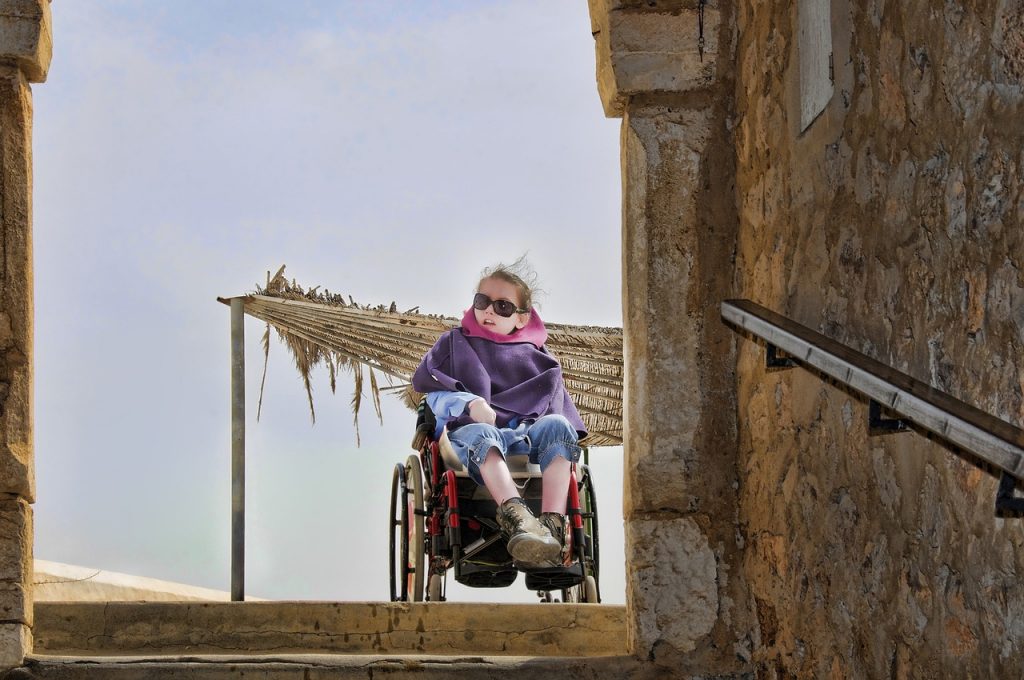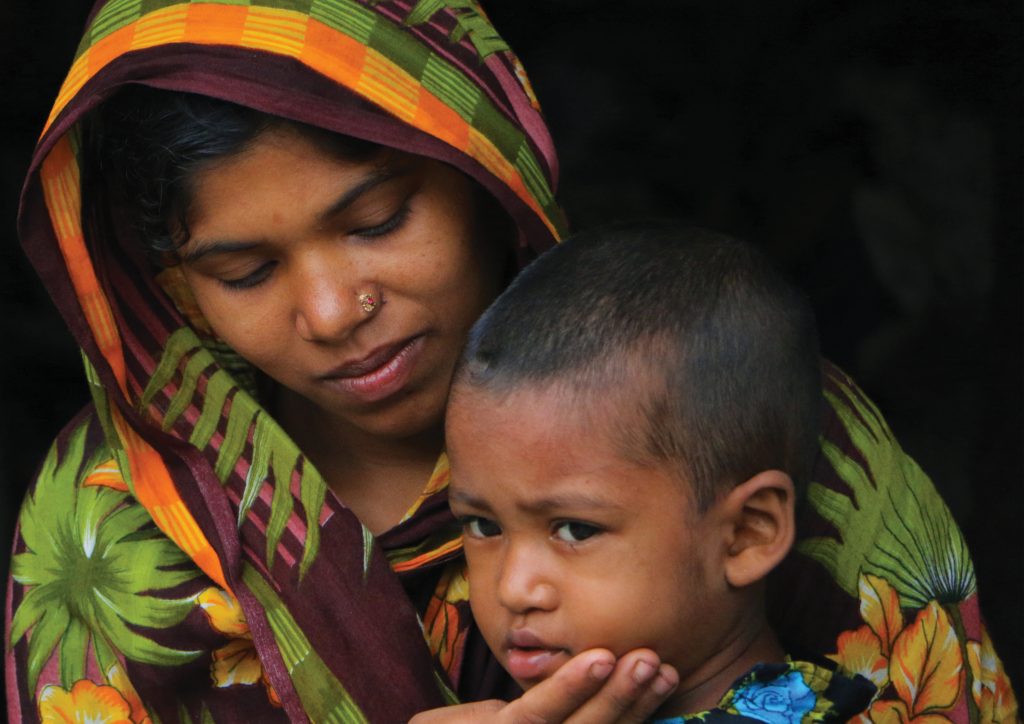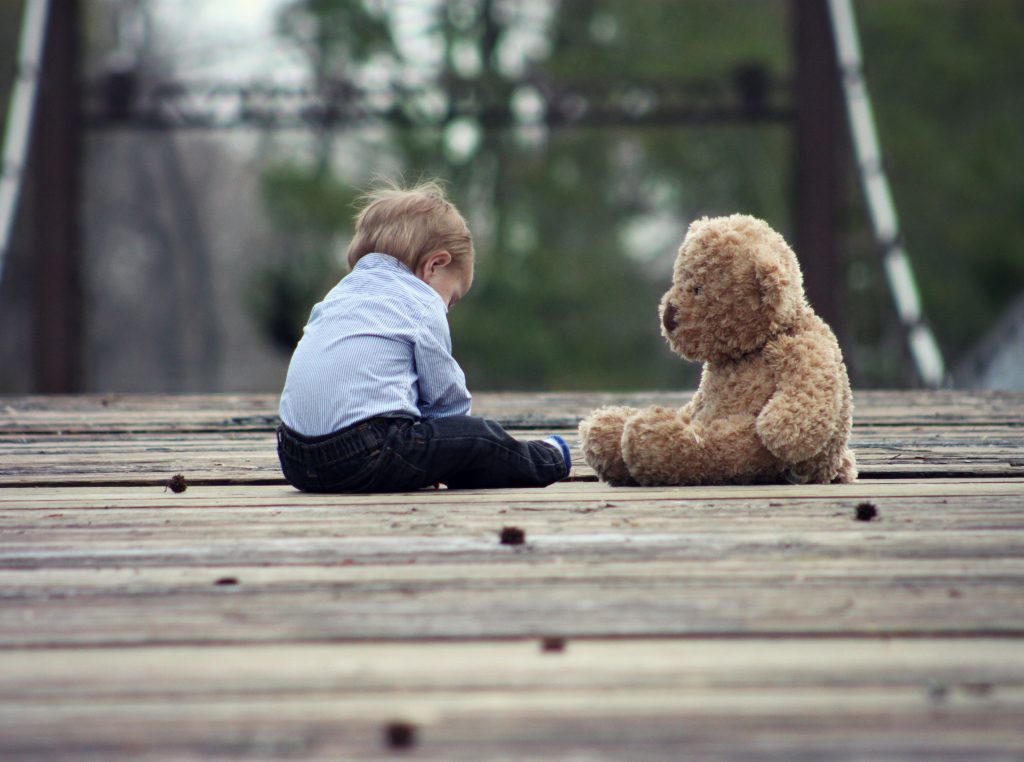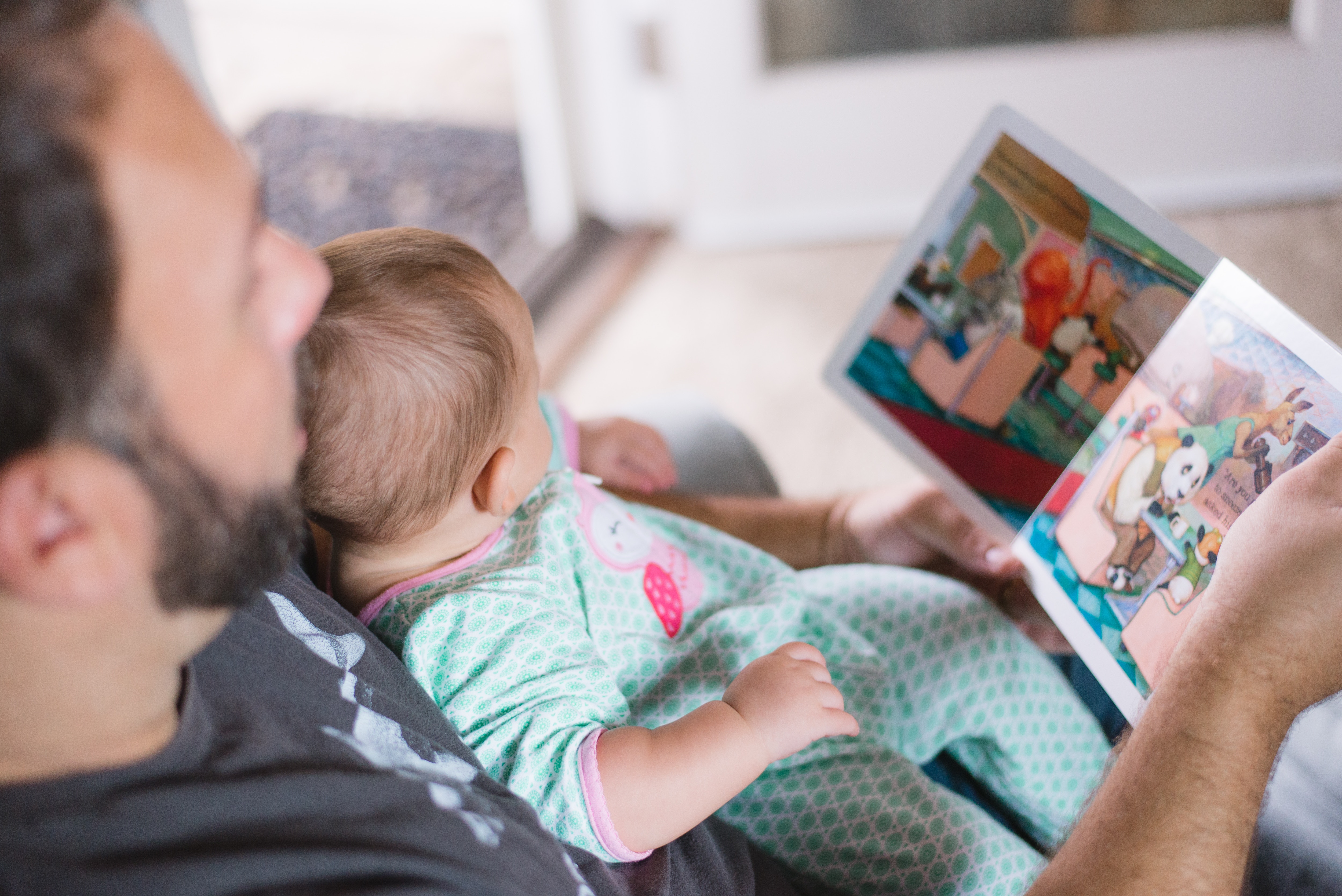Disabled people, children and ethnic minorities will all be impacted by tax and welfare reforms, according to a new report from the Equality and Human Rights Commission.
The independent body analysed all policy changes introduced by the government between May 2010 and January 2018 and the effect they will have on people once they are fully rolled out and implemented in 2022.
Overall, the analysis shows that 47.3 percent of households in Great Britain are going to lose from the recent changes to direct taxes, benefits, tax credits, Universal Credit and the National Living Wage.
Up to 30% Loss of Income for Disabled People

Image credit: Ben Film / Pixabay
According to the assessment, households with at least one disabled adult and a disabled child will see average annual cash losses of slightly more than £6,500 a year, which represents more than 13 percent of their annual income.
Even worse-off will be single parents with six or more functional disabilities, who will lose more than £11,000 on average from the reforms, which represents slightly more than 30 percent of their net income.
Ethnic Minorities Left Thousands of Pounds Worse Off

Image credit: Adrien Taylor / Unsplash
Analysis by ethnicity of adults in the households revealed that Bangladeshi households will have average losses of around £4,400, and Pakistani households will have average losses of around £2,700. Indian households will see much smaller losses (only around £300 per year), whilst Chinese households are the only ethnic group that will gain from the reforms (gains of slightly under £700 per year). ‘Other Asian’ households lose around £1,200 per year on average, and Black households lose slightly under £1,400 per year.
A Problem For Women

Image credit: IAEA Imagebank / Flickr
At an individual level, women lose on average considerably more from changes to direct taxes and benefits than men.
Women lose about £400 per year on average, and men only £30, although these figures do vary substantially. For example, according to the Commission women aged 35 to 44 will lose on average £2,200 per year from the reforms, compared with less than £550 for men.
Millions More Children in Poverty

Image Credit: Pexels
Last but not least, about 1.5 million more children are forecast to be living in households below the relative poverty line as a result of the reforms. The child poverty rate for children in single-parent households in Great Britain will also increase from 37 percent to 62 percent as a result of the reforms.
By household ethnic group, the largest increases in child poverty are forecast to be for Pakistani households (more than 19 percent increase), Black households (slightly under 14 percent increase), Bangladeshi households (slightly under 14 percent increase) and ‘Other’ Asian households (12.5 percent increase).
What is Causing all This?
 Image Credit: Josh Willink / Pexels
Image Credit: Josh Willink / Pexels
Many recent changes to the benefit system have proved controversial, including the freeze in working-age benefit rates, changes to disability benefits and reductions in universal credit rates.
In addition, the two-child limit for Housing Benefit, tax credits and Universal Credit, which came into force in April 2017, naturally has a significant impact on households with more than two children, but it also disproportionately affects some ethnic groups. Removal of the spare room subsidy (also known as the ‘bedroom tax’) also saw local authority or housing association tenants have their Housing Benefit or Universal Credit reduced if they were deemed to have one or more spare bedrooms.
What’s Next?
 Image Credit: Pexels
Image Credit: Pexels
The Commission recognises that the reforms took place against a government commitment to reduce the country’s deficit, and that changes to taxes and benefits are a clear consequence of this. However, the Commission does not believe that the precise mix of reforms as they were implemented was inevitable, nor was the disproportionate impact on vulnerable protected groups that emerged.
At the end of its report, the Commission makes a number of policy recommendations for the government, including the need to mitigate the negative impact of reforms and improve the transparency of decision-making. They also call for the government to reconsider existing policies that are contributing to negative financial impacts for those who are most disadvantaged, and to review the level of welfare benefits to ensure that they provide an adequate standard of living for all.
David Issac, the Chair of the Equality and Human Rights Commission, says that whilst it’s disappointing to discover that the reforms disproportionately affect the most disadvantaged in our society, it is even more shocking that children – the future generation – will be the hardest hit and that so many will have to start life in poverty. He also says that the Commission is keen to work with the government to achieve its vision of a Britain that works for everyone.






